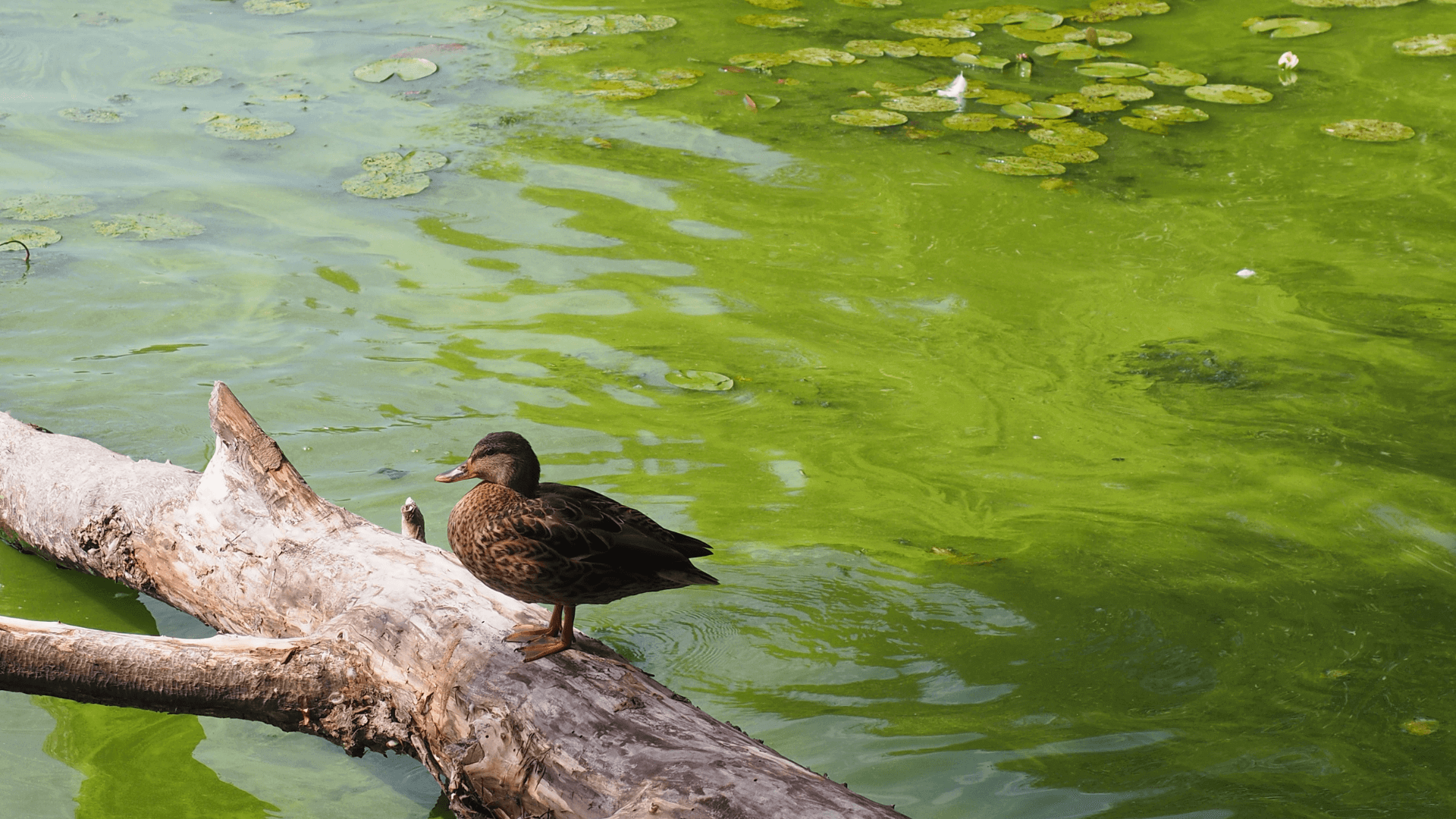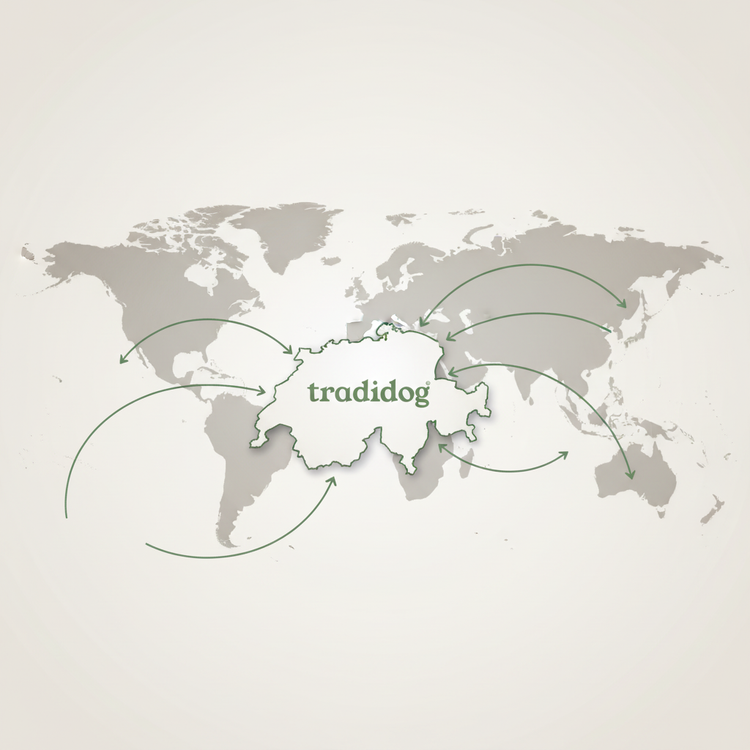
Blue-green algae: What dog owners need to know
Blue-green algae (cyanobacteria) are not actually algae, but bacteria found in stagnant water such as lakes, ponds and slow-flowing rivers that have been exposed to direct sunlight for a long time. They often form streak-like accumulations on the surface like a carpet with a green, blue, brown or red color.
Danger for dogs (and also for people)
Blue-green algae can be life-threatening for dogs because some species produce toxic algal toxins. These toxins can damage various organs, especially the liver, kidneys and nervous system.
Precautionary measures
- Do not let your dog swim in water containing blue-green algae.
- Avoid swimming in places where there are many water birds.
- Look for warning signs such as streaks on the water surface or an unpleasant smell.
- Prevent your dog from drinking water from unknown bodies of water.
Symptoms
The symptoms appear quickly, within a few minutes to a few hours after the blue-green algae poisoning. The first symptoms are often the following:
- Diarrhea and vomiting
- Cramps and shortness of breath
- Excessive salivation and tear production
- Muscle tremors, muscle rigidity, paralysis, seizures
- Panting
- Skin redness and inflammation
- Weakness and disorientation
- Pale or bluish mucous membranes
First aid if blue-green algae poisoning is suspected:
- Remove your dog from the water immediately.
- Rinse his mouth with water.
- Take him to the vet as soon as possible.
Important:
The information in the text is for guidance only and does not replace the advice of a veterinarian.
Share

